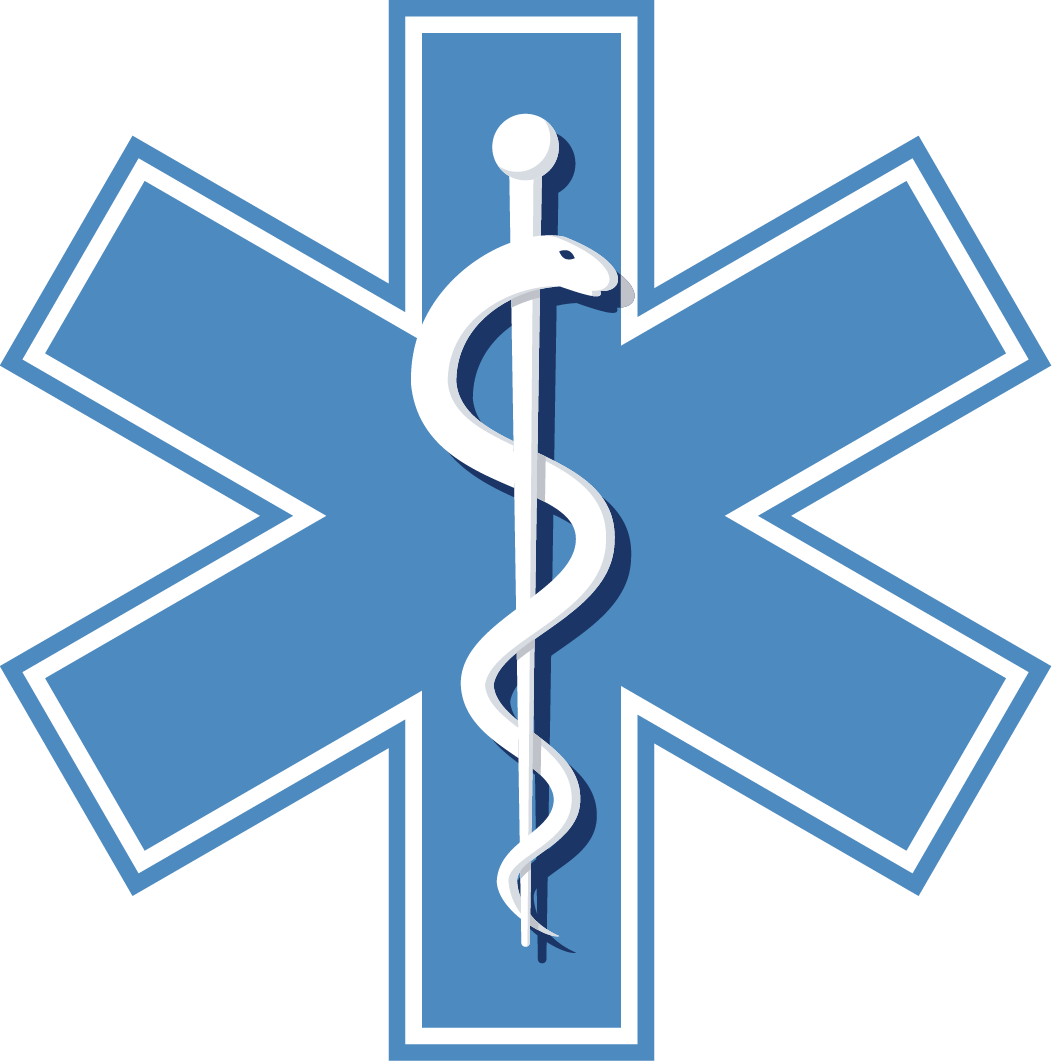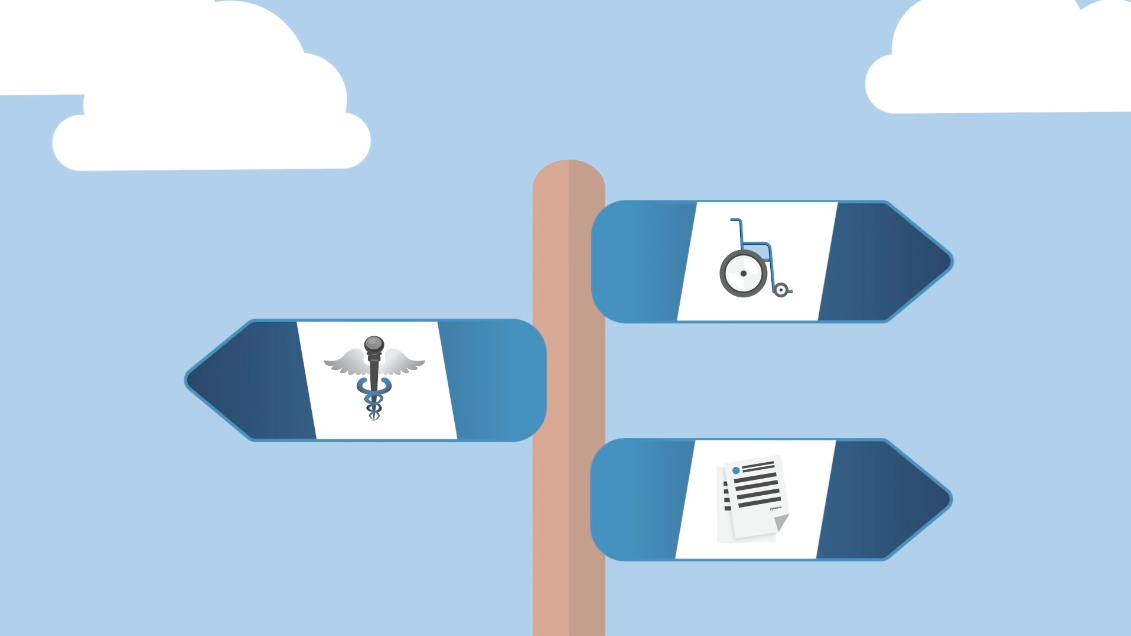Medicare simplified.


Medicare simplified.



Helping you navigate your Medicare options.
We partner with the leading Medicare providers to offer you a wide range of options, putting you firmly in control of your healthcare and insurance choices.
When it comes to enrolling in Medicare, we're here to be your guide for plans and benefits.
Your Medicare your way.
Understanding your Medicare options can be overwhelming, but you’re not alone. We’re here to simplify the process and guide you to the perfect plan tailored to your needs. Here's how it works:

Tell us about yourself
Share details about yourself & your medical needs.

We guide you through your options
We review your current Medicare plan (if applicable) & discuss your options.

You decide!
We provide a recommendation based on your needs & help you enroll in a new plan.

Don't settle for subpar coverage.
Let us guide you to the right Medicare plan that’s tailored to your needs.
or find an office near you to speak with a broker in your area.
Understanding the 4 parts of Medicare.
Medicare is divided into four main parts, each offering coverage for specific services. Here’s what you need to know.

Part A - Hospital Insurance
Medicare Part A covers hospital stays, nursing facilities, hospice, and certain forms of home health care. While there is a deductible associated with Part A, in many instances, it becomes premium-free if you or your spouse have paid taxes. Learn more.

Part B - Medical Insurance
Medicare Part B provides medical insurance for outpatient care and preventive services. It encompasses essential services required for the prevention, diagnosis, and treatment of specific conditions. Learn more.

Part C - Medicare Advantage
Medicare Part C, commonly referred to as Medicare Advantage, enables approved private companies to deliver Medicare benefits. This comprehensive plan integrates Parts A, B, and D, along with additional coverage for services not typically included in basic Medicare, such as vision and dental care. It may also include prescription drug coverage. Learn more.

Part D - Prescription Drugs
Medicare Part D is a prescription drug coverage plan that includes coverage for both generic and brand-name medications. Its primary objective is to assist individuals dealing with escalating or already high prescription drug costs.
To learn more, read our quick guide that explains the ABCs of Medicare.
Medicare FAQs
Have questions about Medicare? That’s where we come in. Here are the top 5 questions we get asked about Medicare.
To enroll in Medicare, you typically need the following documents:
Proof of Age and Citizenship/Residency:
- Birth certificate or other proof of age.
- U.S. passport or green card for citizenship.
- Valid driver’s license or utility bills for residency.
Social Security Information: Social Security card or proof of application.
Employer Information: Information about your current or previous employer, including contact details and dates of employment.
Information on Other Health Insurance: If you have other health insurance, you’ll need details about the policy.
Bank Account Information (if you’re signing up for automatic withdrawals for premium payments).
Tax Records: Information about your tax returns or tax-related documents.
Information about Dependents: If you’re enrolling dependents, you’ll need their personal information.
Learn more in our comprehensive guide.
Yes! If you meet certain criteria, you can qualify for Medicare even if you haven’t worked. These special circumstances include:
Spousal Coverage: If your spouse is eligible for social security, disability, or retirement benefits, or if you were married for over 10 years and your former spouse is eligible. If your spouse has passed away and you haven’t remarried, you may also be eligible.
Medical Conditions: Certain medical conditions, like permanent kidney failure or ALS, qualify you for Medicare Part A. Contact a Medicare specialist or visit the US Department of Health and Human Services Medicare benefits page for more information on disability eligibility.
Paid Premium: If you’re not eligible for free Medicare Part A, you can pay a monthly premium for the same benefits. To apply, you must be at least 65 years old and a U.S. citizen for at least five years. The monthly cost for Part A may be up to $470, potentially lower if you worked for less than ten years.
Medicare and Medicaid are government healthcare programs in the U.S.
Medicare mainly serves individuals aged 65 and older, as well as some with disabilities or specific medical conditions. It’s funded by the federal government and provides coverage through different parts, including hospital and medical insurance.
On the other hand, Medicaid is designed for low-income individuals, pregnant women, children, and people with disabilities. It’s jointly funded by federal and state governments, with benefits and eligibility criteria varying by state. Unlike Medicare, Medicaid covers a broader range of services, including long-term care and mental health services, and is administered by individual states under federal guidelines. Read on to learn more.
Coinsurance refers to the percentage you pay for certain health care expenses during the year. After you reach the amount of your deductible, coinsurance will then take over.
Copay refers to flat fees you’ll pay for medical services or products. Copays are usually applied to certain prescription drugs, doctor visits, urgent care, and other services. Click here to learn more.
Yes, there are Special Enrollment Periods (SEP) that offer opportunities for you to make changes to your Medicare plan, particularly if you experience special circumstances or a major life event. A few common examples are:
- Move or change your residence
- Getting divorced or legally separated and losing health insurance
- Losing employer or union health coverage within the past 60 days
- Losing drug coverage through no fault of your own
- Becoming eligible for Medicare due to a disability
- Having your household income drop below a specified amount
- Moving into or out of an institution, including skilled nursing facilities, long-term care hospitals, or prison/incarceration
For a complete list of life events that qualify for a special enrollment period, go to medicare.gov.
To learn more about Medicare enrollment periods, read our comprehensive guide.
Medicare 101 Videos
Get ready to level up your Medicare knowledge with bite-sized videos designed for easy understanding. In just a few minutes, gain valuable insights on enrollment, coverage options, and navigating the complexities of Medicare.
When am I eligible for Medicare?
The Medicare donut hole explained.
How to choose the right plan.

Medicare parts A & B explained.
What does Medicare part C cover?
What is Medicare Supplement?

Guiding you through the Medicare maze.
Whether you’re approaching eligibility or seeking to optimize your current plan, our Medicare Insights empower you to navigate your coverage decisions with confidence. Explore our most recent articles, thoughtfully crafted to offer straightforward and accessible information about Medicare.

VA benefits or Medicare: Who pays for primary coverage?
Discover the intricate balance between VA Health Benefits & Medicare coverage for veterans. Learn which program takes precedence and maximize

So, what’s covered? Basics of Medicare Part C
Discover Medicare Part C, aka Medicare Advantage: what it covers, how to enroll, and key reminders. Your guide to informed

What is the 5-star rating system for Medicare?
Discover how Medicare star ratings help you make informed decisions about your healthcare plan, why they matter to providers, and



